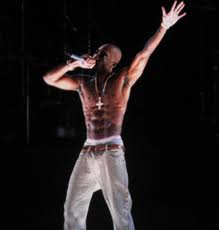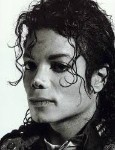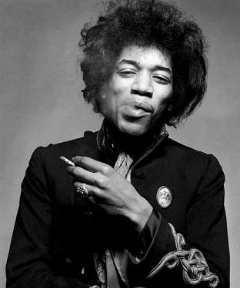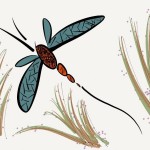Funding for Children’s Arts Under the Spotlight as UK Gears up for the Games
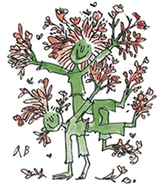 A number of public figures and leading lights in the art world are putting their weight behind a campaign by national charity, Action for Children’s Arts, www.childrensarts.org.uk to draw attention to the lack of public funding invested in art for children. As young people across the UK look set to benefit from the sports legacy of the 2012 Olympics, Action for Children’s Arts is calling for the arts not to be overlooked. Findings from a report published on 1 June outline that children up to the age of 12 make up fifteen per cent of the UK population but only get one per cent of the arts funding.
A number of public figures and leading lights in the art world are putting their weight behind a campaign by national charity, Action for Children’s Arts, www.childrensarts.org.uk to draw attention to the lack of public funding invested in art for children. As young people across the UK look set to benefit from the sports legacy of the 2012 Olympics, Action for Children’s Arts is calling for the arts not to be overlooked. Findings from a report published on 1 June outline that children up to the age of 12 make up fifteen per cent of the UK population but only get one per cent of the arts funding.
The report – based on Freedom of Information requests made by the charity – questions the current 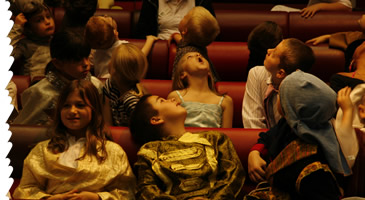 funding policies of the national Arts Councils and the British Film Institute, as well as the programming policies of flagship arts organisations including the BBC. Children’s author, Michael Morpurgo, will join other distinguished speakers in asking what can be done to make sure that the arts make their vital contribution to the well-being of all children at a conference taking place at the Unicorn Theatre in London on 19 June. Among the proposals that Action for Children’s Arts will put forward at the conference are:
funding policies of the national Arts Councils and the British Film Institute, as well as the programming policies of flagship arts organisations including the BBC. Children’s author, Michael Morpurgo, will join other distinguished speakers in asking what can be done to make sure that the arts make their vital contribution to the well-being of all children at a conference taking place at the Unicorn Theatre in London on 19 June. Among the proposals that Action for Children’s Arts will put forward at the conference are:
• Making 15% the benchmark for children’s share of public funding for the arts
• Making children’s arts part of the remit of leading arts organisations
• Making children’s film and television a national responsibility
Action for Children’s Arts Patron and Children’s Champion, Peter Duncan, says:
“While it’s fantastic that sport is receiving so much positive attention this year, we must be careful not to neglect the arts. The programmes of most cultural organisations in the UK are child-free zones. Typically, organisations spend around three per cent of their budgets on education activities and around one per cent on productions or exhibitions aimed directly at children. The case we want to make is for children to have a fair share of the available funding. That doesn’t mean less for adults, children don’t go to the theatre or cinema on their own, art is a shared experience.”
“Children’s imaginations are stimulated through reading, singing and dancing, watching plays and films. The attitudes, values and skills that we learn in childhood stay with us for the rest of our lives”, he adds.
In the wake of successive reports, such as those from UNICEF, the Children’s Society, Barnardo’s and the Mothers’ Union, each raising concerns about the state of childhood in Britain today, Action for Children’s Arts aims to draw attention to the positive contribution that the arts can and should make to children’s well-being. Speakers at the conference include:
• Dr Maggie Atkinson, Children’s Commissioner for England
• Sharon Hodgson MP, Shadow Minister for Children & Families
• Aileen Campbell MSP, Minister for Children & Young People, Scottish Government
• Aideen McGinley, Chief Executive, Ilex, Northern Ireland

